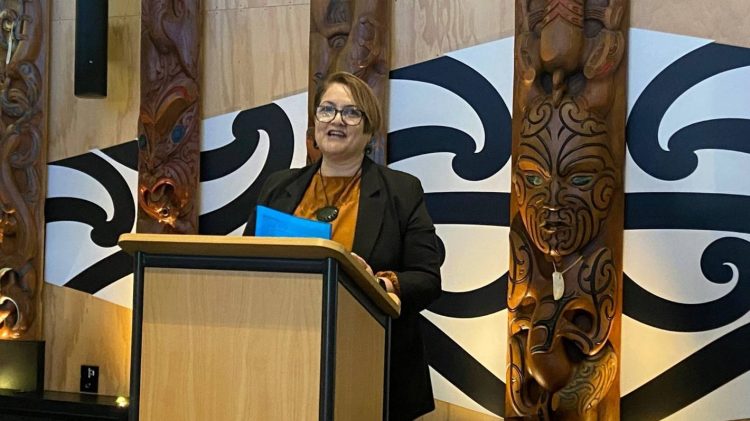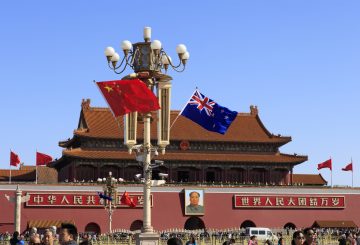At the United Nations in New York on 17 September, the Māori King and leaders from Aotearoa (New Zealand) and the Pacific supported a resolution to make the whale the Ocean Ambassador. They want a global agreement to recognise the legal rights of whales in international waters.
Dr. Ralph Chami of Blue Green Future presented the resolution. He is working with the Hinemoana Halo Ocean Initiative to protect whales. Lisa Tumahai of Ngāi Tahu said they aim to safeguard the paths whales use between important feeding and breeding areas.
The Hinemoana Halo Ocean Fund aims to collect $100 million for projects to help whales. This Fund, partnered with Conservation International Aotearoa, involves Indigenous groups from New Zealand, Tonga, French Polynesia, and the Cook Islands. It plans to set up the Pacific’s first finance method focused on climate led by Indigenous people.
Mere Takoko, from Conservation International Aotearoa, said the work recognises the key role whales have in tackling climate change and protecting ocean life.
Aperahama Edwards, a leader from Ngāti Wai, spoke of the importance of Indigenous peoples working together to restore the oceans. This will help communities handle climate changes better.
With the Hinemoana Halo project, Indigenous groups have promised to set up the largest protected marine area, covering 2,200,000 km^2. This plan will focus on whale conservation and protect whale travel routes. The full details will be shared at the 2024 UN Ocean’s Decade Conference in Spain.





























































